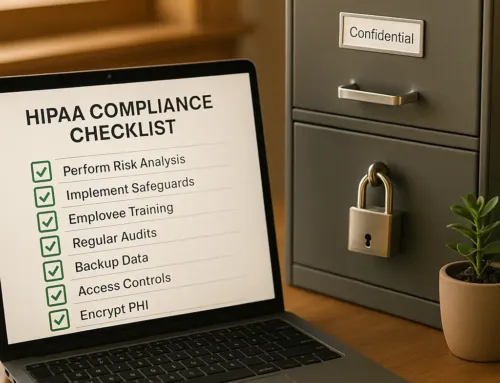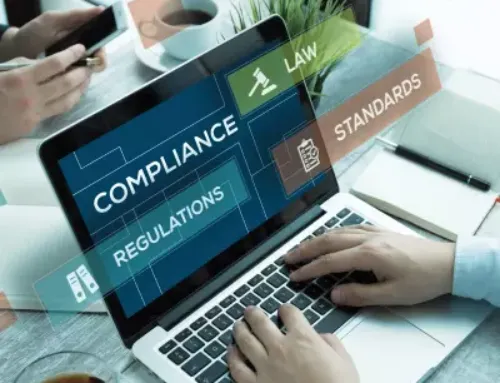Understanding PCI Compliance for POS Systems: What Businesses Must Know
Every time a customer swipes, taps, or inserts their card at your point-of-sale (POS) system, they trust your business to keep their payment information secure. Without the right security measures in place, your business and your trust could be at risk.
That is where PCI compliance comes in. The Payment Card Industry Data Security Standard (PCI DSS) is a set of security requirements designed to protect cardholder data and prevent fraud. Any business that accepts, processes, or stores credit card payments must comply with PCI DSS, whether you run a retail store, restaurant, or e-commerce business.
Failing to meet PCI compliance standards can lead to hefty fines, security breaches, and even loss of payment processing privileges. This guide will explain PCI compliance, who needs to follow it, and the key security requirements for POS systems so you can keep your transactions safe, secure, and compliant.
What Is PCI Compliance & Who Needs to Follow It?
PCI compliance refers to the Payment Card Industry Data Security Standard (PCI DSS), a set of rules that businesses must follow to protect credit card transactions and prevent fraud. The Payment Card Industry Security Standards Council (PCI SSC) created these security standards, which include major credit card brands such as Visa, Mastercard, American Express, Discover, and JCB.
Who Must Be PCI Compliant?
Any business that processes, stores, or transmits credit card information must follow PCI DSS requirements. This applies to:
What Happens If a Business Is Not PCI Compliant?
Ignoring PCI compliance can result in:
Maintaining PCI compliance is not just a regulatory requirement; it is essential for protecting your business from costly security breaches and legal consequences.
PCI Compliance Requirements for POS Systems
To keep customer payment data secure, businesses must follow PCI DSS (Payment Card Industry Data Security Standard) requirements. These standards are designed to protect card transactions, prevent fraud, and reduce security risks at the point of sale.
Below are the key security measures required for POS systems to be PCI compliant.
1. Secure Network Configurations & Firewalls
A secure network is the first line of defense against cyber threats. Businesses must:
2. Encryption of Payment Transactions
Encryption ensures that cardholder data is protected as it is transmitted through the payment network. Businesses must:
3. Strong Access Controls & Authentication
Restricting access to payment systems reduces the risk of unauthorized use. Businesses must:
4. Regular Security Audits & Vulnerability Scans
Cyber threats are constantly evolving, so businesses must regularly check their systems for security gaps. Businesses should:
Key Takeaway: PCI compliance requires strong security practices, encrypted transactions, and restricted access to payment systems. Businesses must take proactive steps to ensure their POS systems are fully secure and in compliance with PCI DSS standards.
Common PCI Compliance Mistakes Businesses Make
Many businesses unknowingly put their POS systems and customer payment data at risk by failing to meet PCI compliance requirements. Below are some of the most common mistakes and how to avoid them.
1. Storing Customer Card Data Improperly
One of the biggest security risks is storing sensitive cardholder data when it is not necessary. Businesses should:
2. Using Outdated POS Software or Weak Passwords
Old or unsupported POS software creates security vulnerabilities that hackers can exploit. Weak passwords also make it easier for cybercriminals to gain access. Businesses should:
3. Lack of Encryption & Unsecured Wireless Connections
If payment data is transmitted without encryption, cybercriminals can intercept and steal customer information. Businesses should:
4. Failing to Conduct Regular Security Updates or Audits
Many businesses set up their payment systems and then forget to monitor security risks. Without regular audits, compliance violations or security gaps may go unnoticed. Businesses should:
Key Takeaway: Even minor PCI compliance mistakes can lead to costly fines, security breaches, and loss of customer trust. Businesses must take a proactive approach to securing their POS systems to remain compliant.
PCI compliance is not just a regulatory requirement; it is essential for protecting your business, securing customer payment data, and preventing costly breaches. Without proper safeguards, businesses risk fines, reputational damage, and even loss of payment processing privileges.
By understanding and implementing PCI DSS requirements, businesses can ensure that POS systems are secure, transactions are encrypted, and payment data is accessible only to authorized personnel. Avoiding common mistakes, such as storing sensitive card data, using outdated software, or neglecting security audits, will further reduce risks and keep your business compliant.
Taking a proactive approach to PCI compliance is the best way to protect your business, your customers, and your bottom line. Stay vigilant, conduct regular security checks, and always use trusted, PCI-compliant payment processors to maintain a secure environment.



